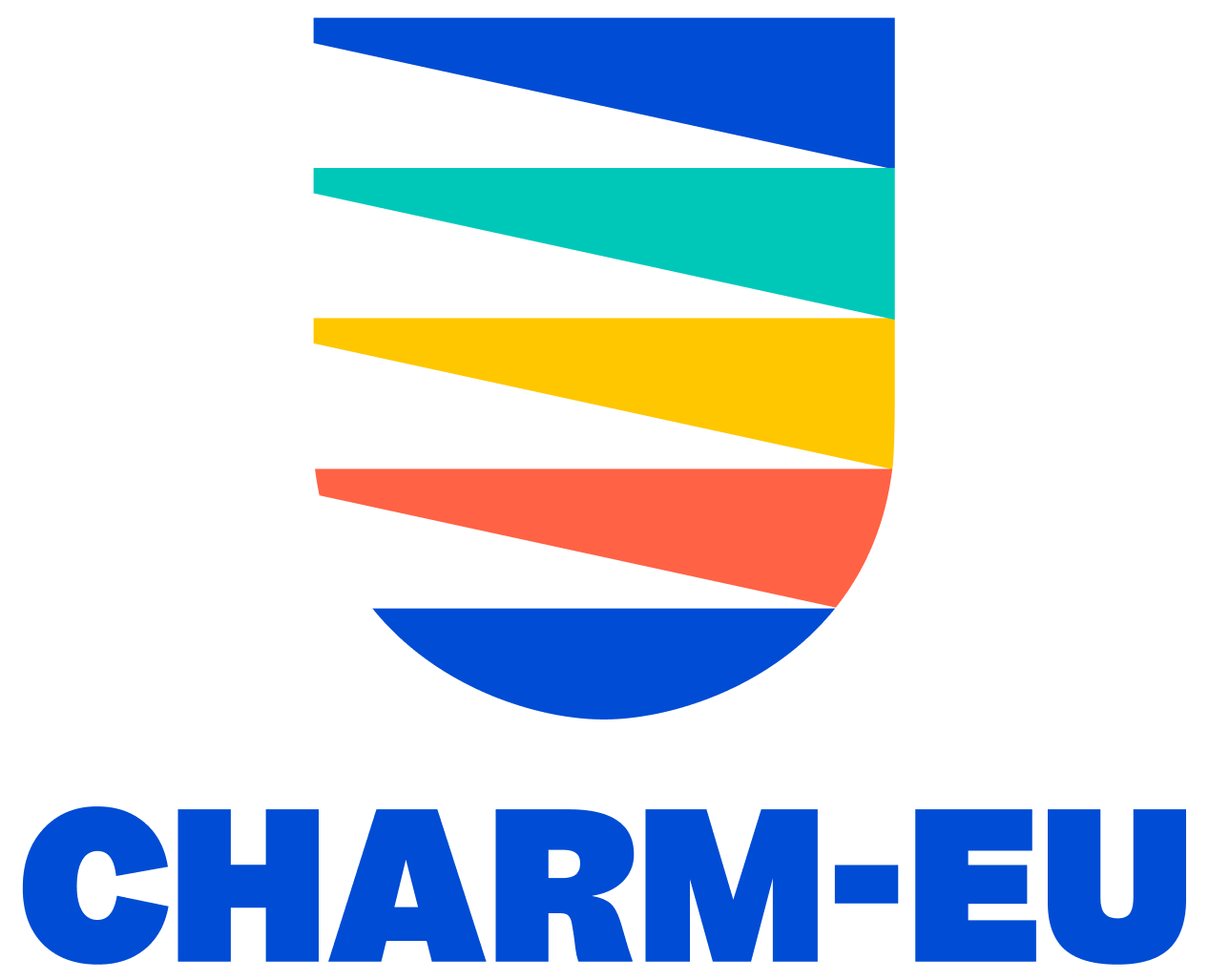This resource can be used for professional development purposes for teaching staff. If you have any questions about the materials, don’t hesitate to contact the CHARM-EU professional development team.
Providing effective feedback
In an educational context, feedback means providing specific information by comparing the observed behaviour of the learner to an objective standard. This information is provided with the intention of improving the learner’s performance or understanding (Hattie and Timperly, 2007). Feedback is an important element in the concept of programmatic assessment. Therefore, the activity plan for this feedback workshop was tested often in combination with the programmatic assessment workshops. Educationalists supported KCT members in an extensive way to understand and apply the principles of effective feedback. Based on these activities for KCT members, an activity plan for feedback was created to share with other Higher Education Institutions. The materials include a first introduction to providing effective feedback in the form of a one-hour interactive workshop session. Facilitators will guide participants through the core principles of feed up, feedback, and feed forward, emphasizing the difference between formative and summative evaluations. Through case-based exercises and group discussions, attendees will practice identifying and applying these principles to real-life examples, ensuring a hands-on understanding of effective feedback. Participants will also examine the concept of feedback literacy, the understandings, capacities and dispositions needed to make sense of information and use it to enhance work or learning strategies (Carless & Boud, 2018). The workshop concludes with a reflective activity and a concise summary, leaving participants equipped to deliver thoughtful, constructive, and impactful feedback in their teaching practice.
Learning objectives
After this session, participants are able to:
- Explain the principles of effective feed up, feedback and feed forward.
- Recognise qualitative good feedback
- Apply feed up, feedback and feed forward to their own written feedback
- Explain the advantages and disadvantages of peer feedback
- Explain the importance and factors of feedback literacy
Resources

